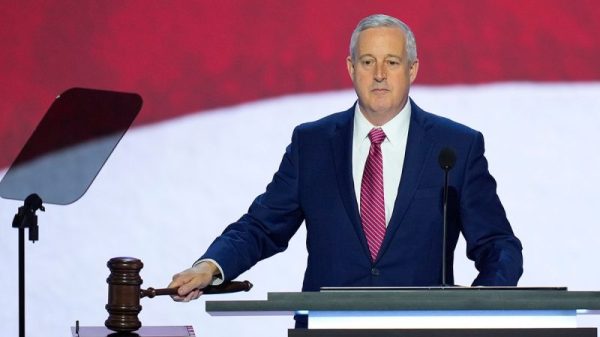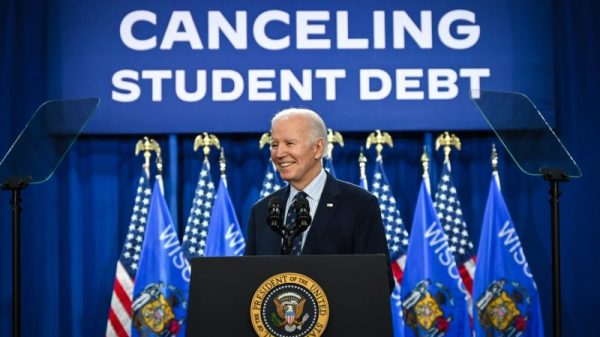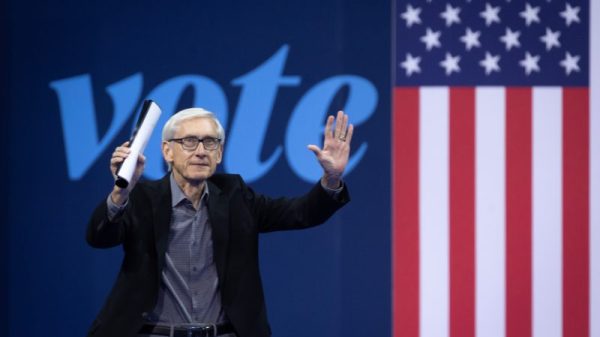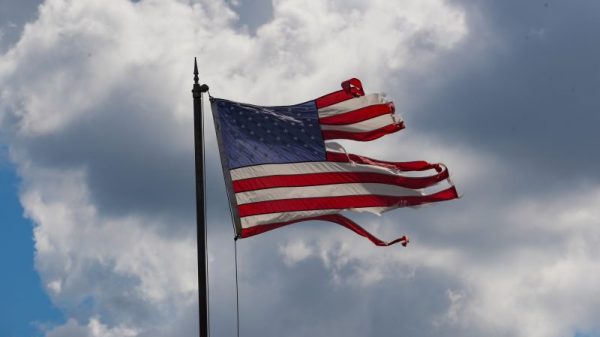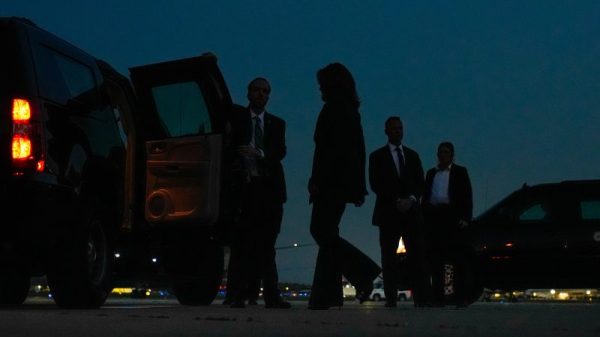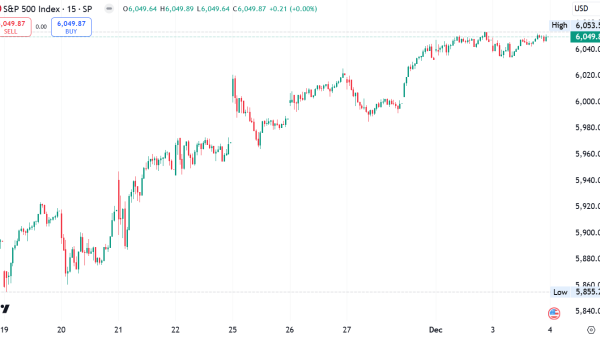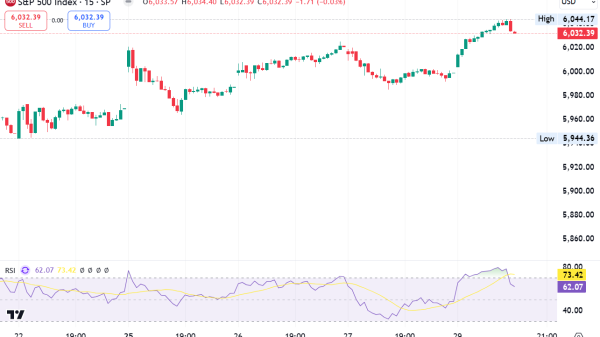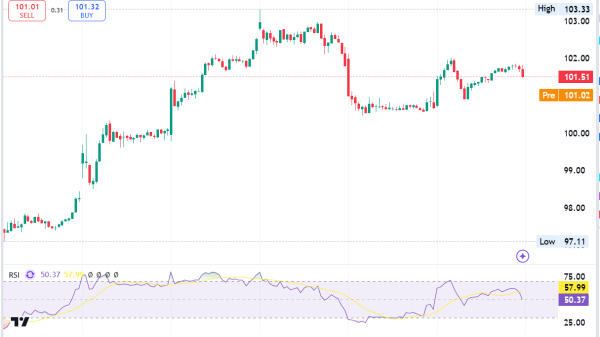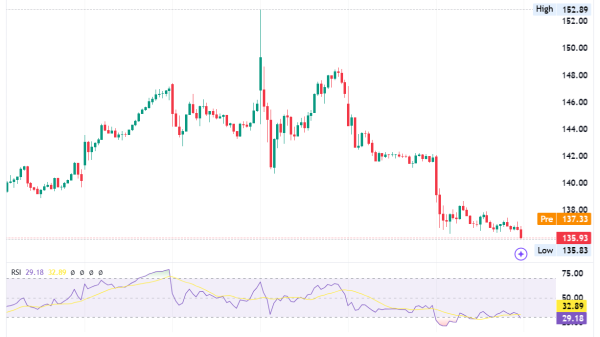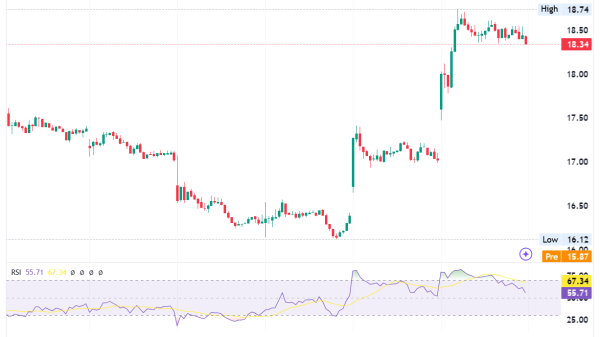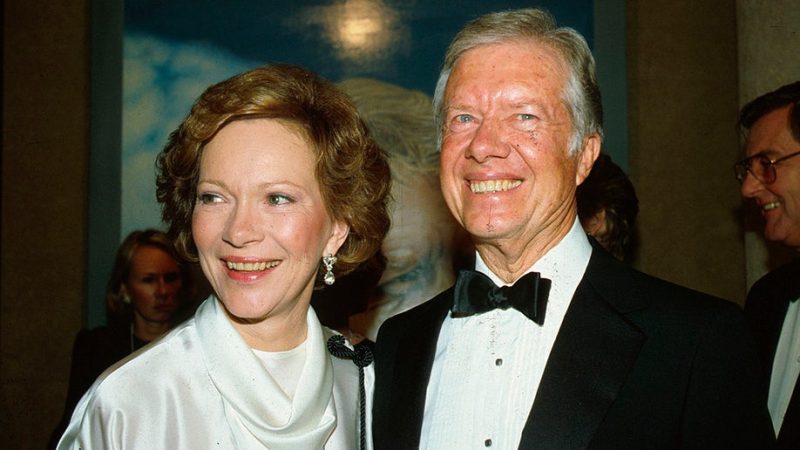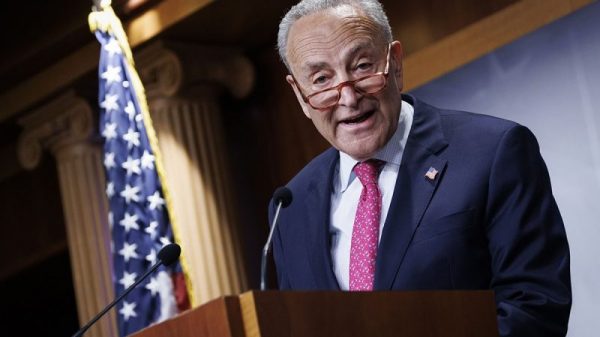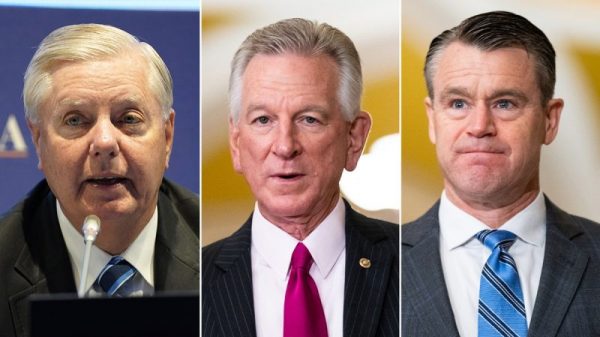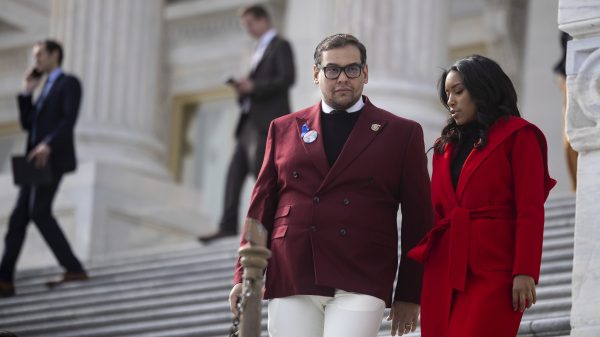In December 1976, Rosalynn Carter and I sat in the elegantly furnished drawing room of Blair House: ‘I need to create a new office to help me with my projects as first lady,’ she told me.
Thus began my almost 50-year relationship with a remarkable woman who devoted her life to helping the most vulnerable among us. She did indeed establish the Office of Projects, Issues and Research, and that rather long title reflected her fierce determination to use her influence as first lady in substantive ways. I became its first director.
Rosalynn Carter’s compassion for the weak, the poor, and the disenfranchised was simply boundless. So was her passion for action. She often reminisced about growing up in a small town during very hard times. Everyone knew everyone else, and when there was trouble, the community always took care of one another. Equally important were the lessons she learned at church as a child: to be kind, love one another, and help those in need.
How many of us heard those same lessons in our childhoods? Yet for Rosalynn Carter, they became the foundation of a lifetime of caring. Years of campaigning exposed her to the staggering problems so many families face in providing for loved ones — including those who are disabled, elderly, or struggling with depression or other serious mental illnesses. She came to the White House with a specific goal of improving mental health services in our country and a broader agenda of building a more caring society.
It was an ambitious – some might even say grandiose – aspiration. Yet this soft-spoken, humble woman, who never sought acclaim for her own work, mobilized significant resources to tackle a host of issues while serving as first lady and later as co-founder of The Carter Center.
I recall being summoned to the White House one weekend in 1979. The images on the nightly news had been horrific – mothers on dirty bamboo mats too weak to lift their heads, emaciated infants and children barely alive, thousands upon thousands of innocent Cambodians sick and dying in squalid refugee camps on the Thai border. ‘I have to help,’ Rosalynn said. ‘I have to do something.’
Within a week, she had visited those same camps, convened a White House meeting to raise funds for the relief effort, and personally asked the secretary-general of the U.N. to appoint a single coordinator for all relief activities. While waiting to address the White House meeting, she brought my attention to a large photograph of her holding a very young girl in her arms. The child’s limbs hung limply from her tiny body; they looked like sticks. ‘She died,’ Rosalynn told me with tears in her eyes, ‘shortly after we left the camp.’
I also cannot forget an afternoon spent in a small village in northern Ghana where the debilitating parasite, Guinea worm, was still prevalent. I had come with a delegation from The Carter Center, including both the Carters, to encourage the local people to redouble their efforts to eradicate the worm.
One of our staff came to me and said, ‘Mrs. Carter is asking for you.’ I found her with a very small boy who had been infected with the parasite. He was sitting on a little wooden stool, a two-foot-long worm emerging from his foot in a process that could take weeks. ‘You have to see the worm,’ she said to me. ‘You have to see how much pain and suffering it causes.’
A few years later, after a board meeting of the Rosalynn Carter Institute for Caregivers at Georgia Southwestern State University in Americus, Ga., Rosalynn turned to me and said, ‘Do you have time to come with me to thank a friend who sent some wonderful fresh vegetables to Jimmy and me?’
Within minutes, we were at Rudy’s Happy Patch, a combination plant, fruit and vegetable store that is an integral part of the Perry Wellness Center. The founder, Stuart Perry – having recovered from major depressive illness – is now a leader in the peer support movement. ‘This program,’ Rosalynn said to me, ‘can be a model for the nation. It brings hope for a better life to those struggling with mental illness.’
Here, in her beloved Sumter County in southwest Georgia, she continued her 50-year commitment to better mental health services for all, including her friends and neighbors.
Whether it was people in recovery or the poor family in Plains to whom she took food once a month or the villagers at the end of the road in Ghana, she was there to help … and bettered the lives of millions in our country and around the world.



